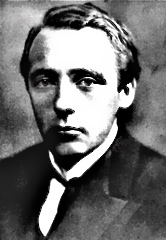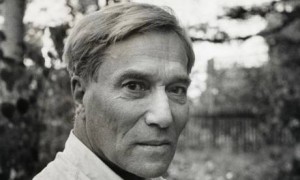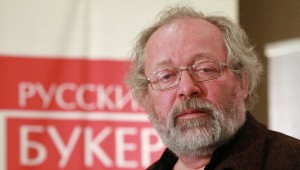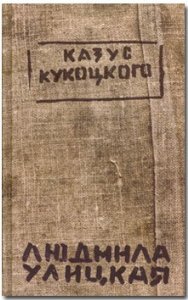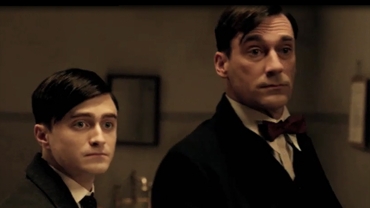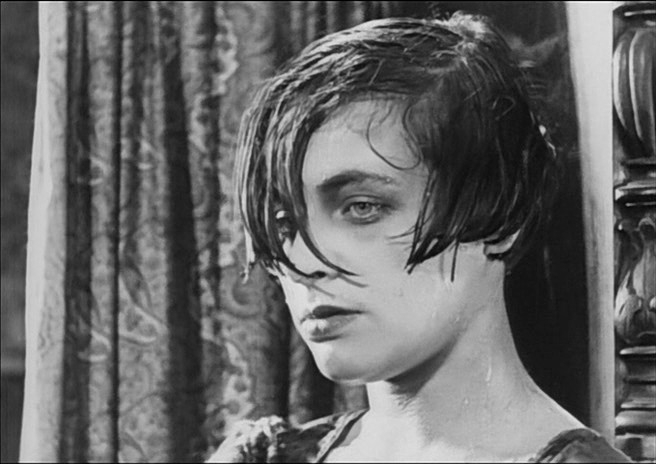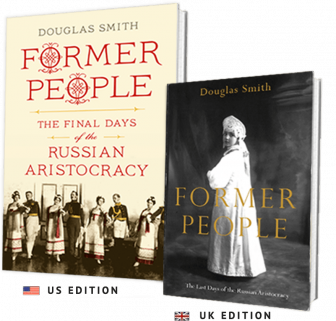Andrey Dmitriev’s character, Panyukov, marks time according to the life-cycle of his televisions

I have shifted back into translating prose for the time being. The poetry break was nice, but I want to try to actually finish a novel at some point. One of the attractive things about translating a poem, excepting epics like Pushkin’s Evgenii Onegin, is that it can be started and finished in a few days, maybe even just one. A novel, on the other hand, is a long term project.
I will present here another passage from The Peasant and the Teenager (Крестьянин и Тинейджер), by Andrey Dmitriev. As mentioned in an earlier post, this novel begins with the introduction of Panyukov, a man living in a village in rural Russia. Panyukov’s character is initially described through his own reflections on his past, on the “best of times” he had enjoyed when his friend Vova still lived across the road and they worked together raising livestock and growing food in their private gardens and greenhouse. The excerpt below hints that the passage of time for Russians living in farm country could be marked by the life-cycle of televisions. It is funny, poignant and sad in a way that only the relatively minor misfortunes of others can be. Continue reading “Panyukov’s Televisions”

